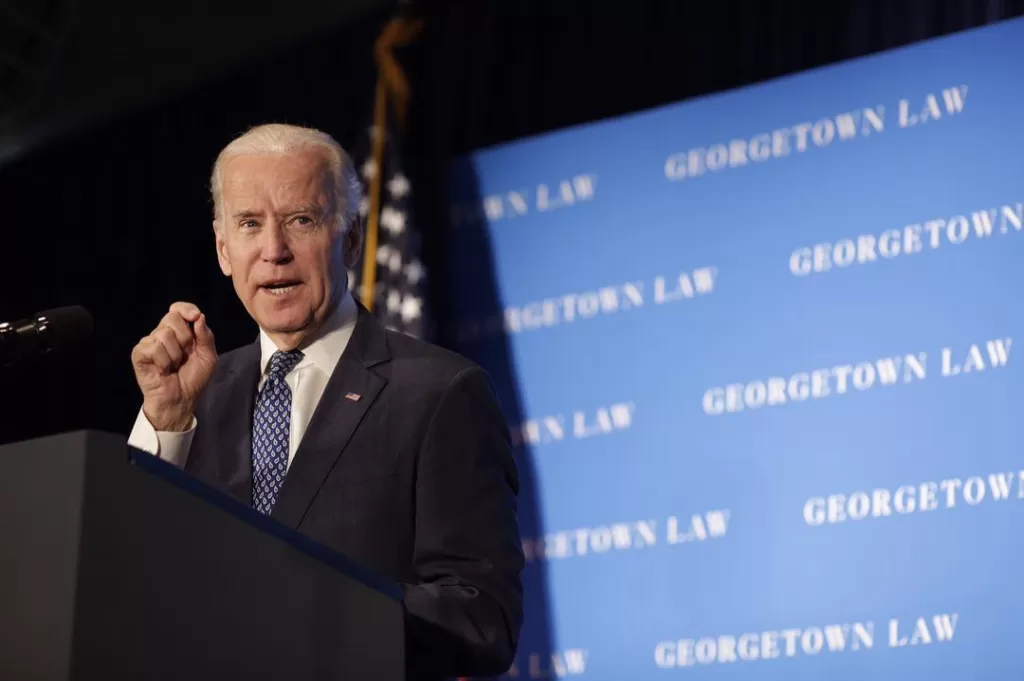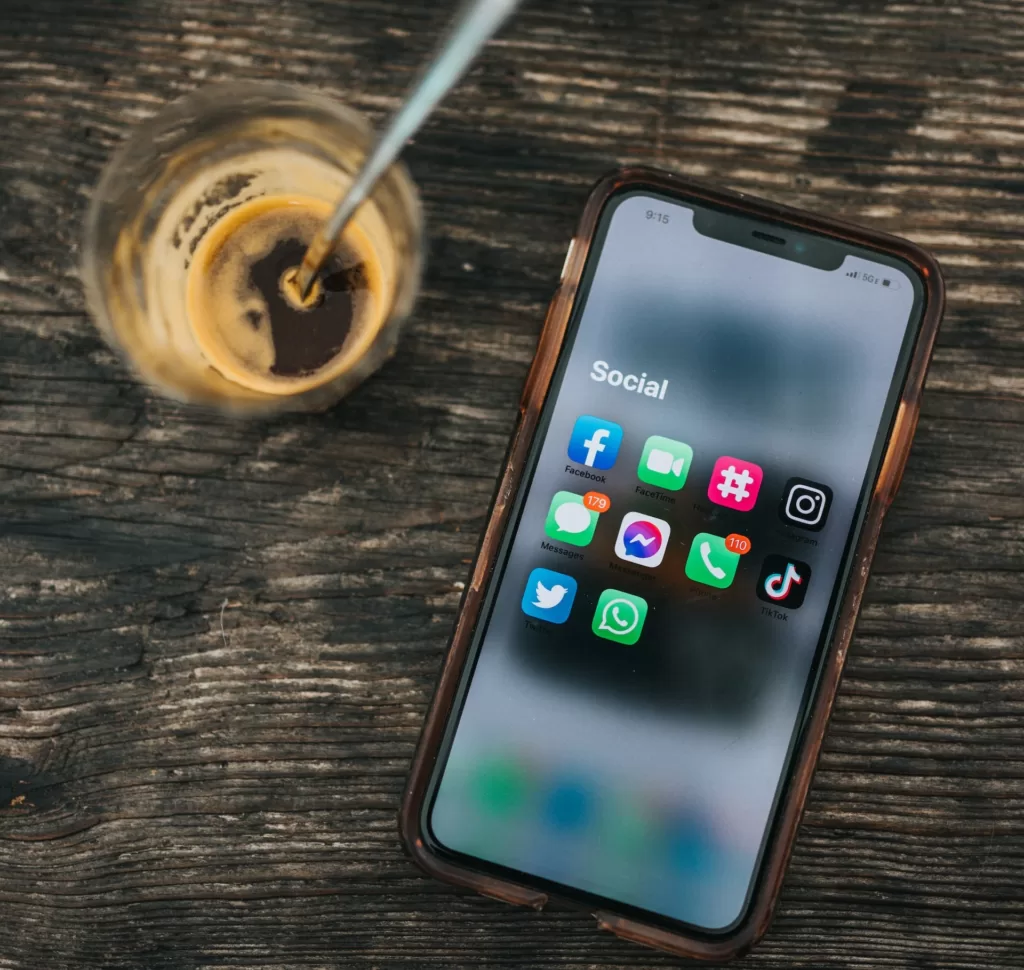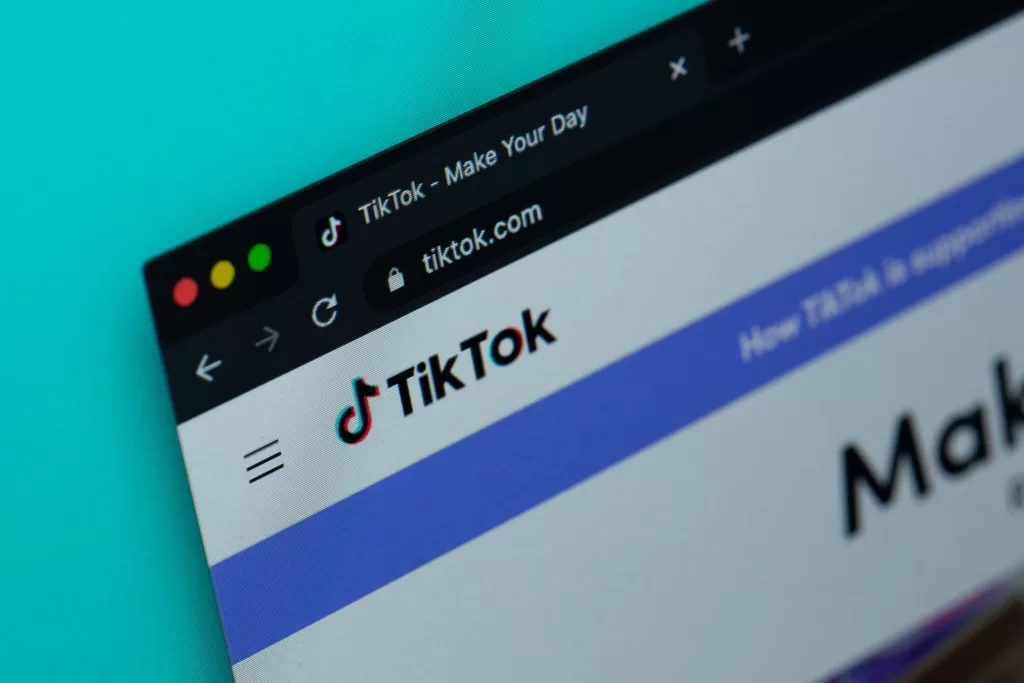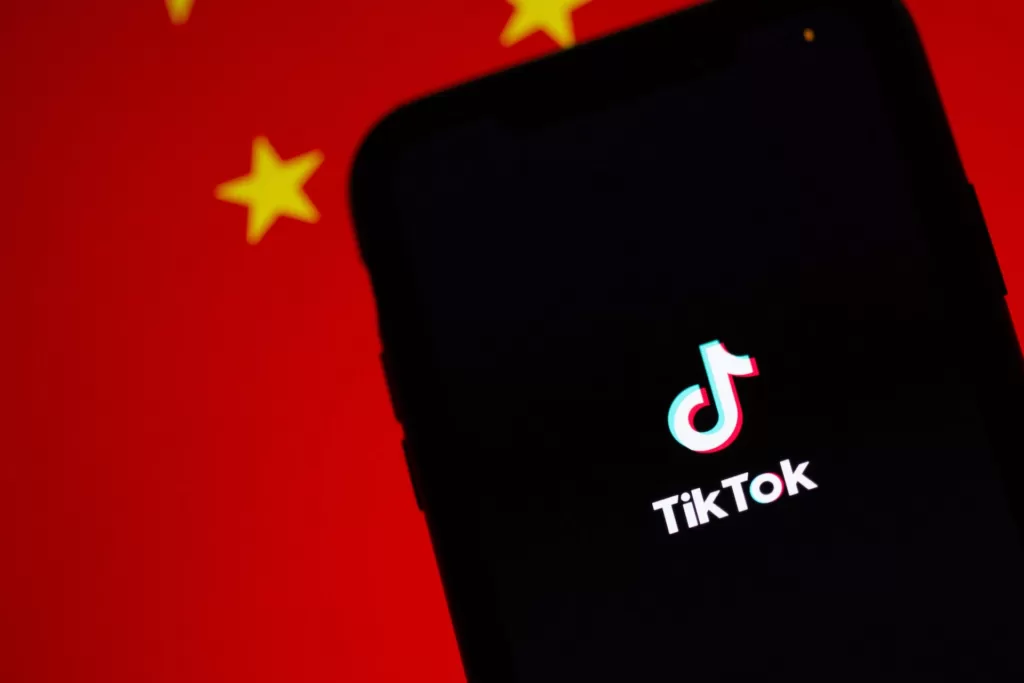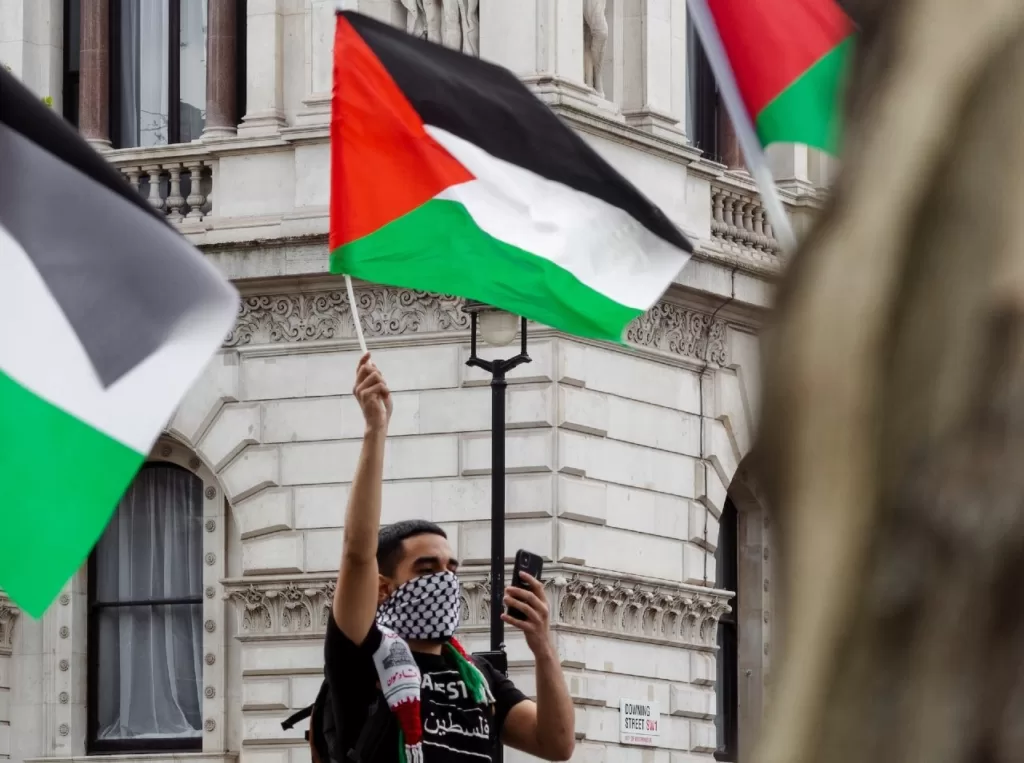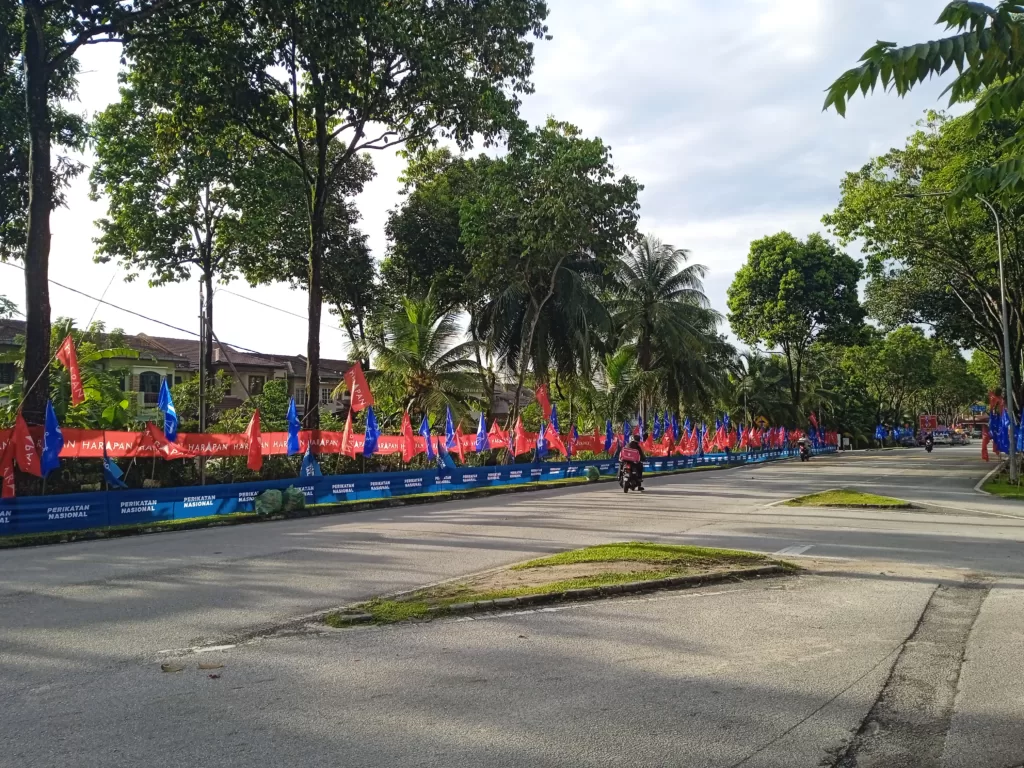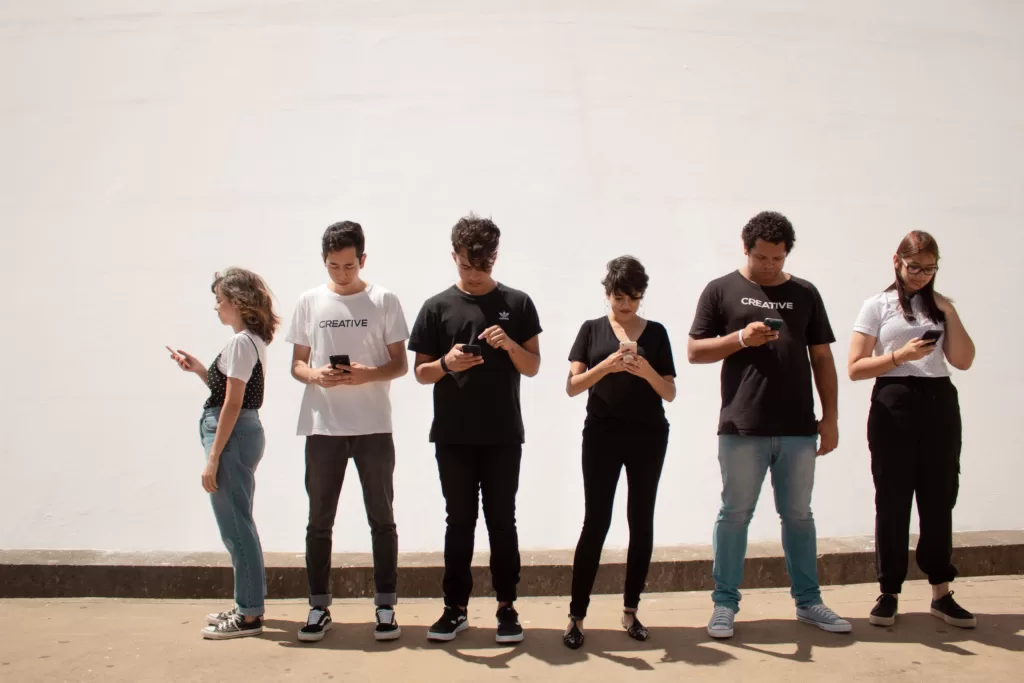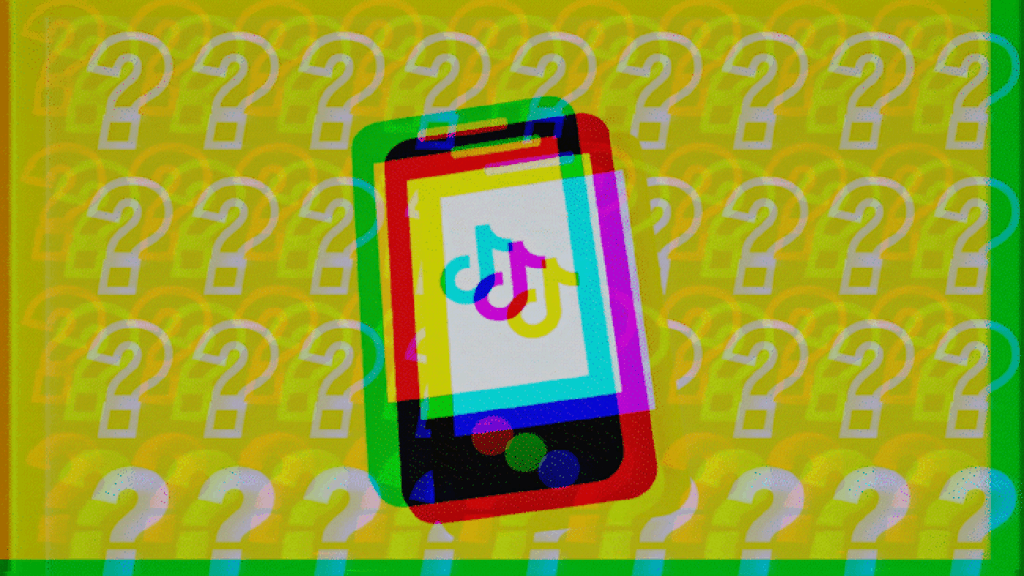Olga Boichak from The University of Sydney tells 360info how the war in Ukraine is being fought on TikTok
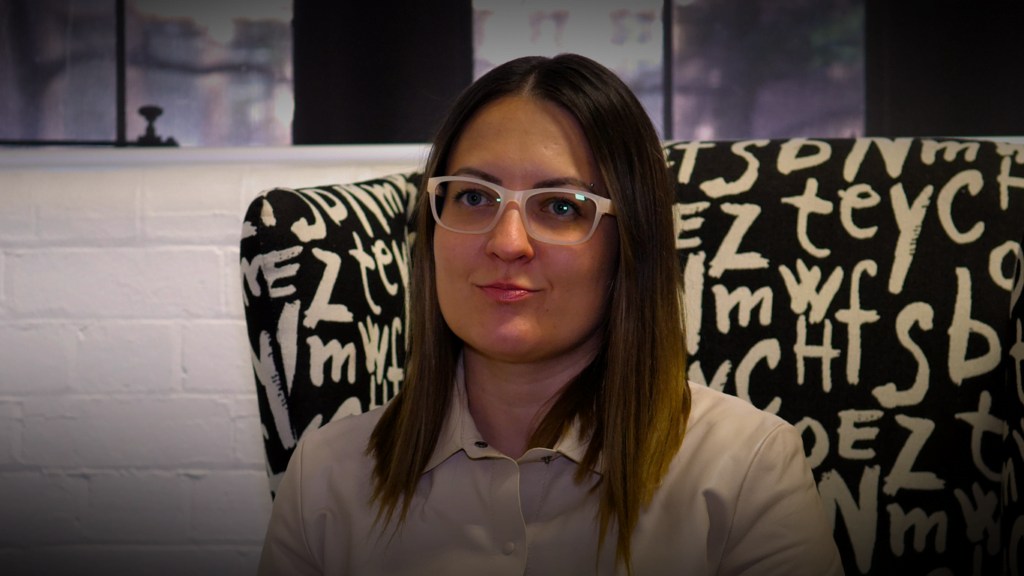 Olga Boichak from The University of Sydney tells 360info how the war in Ukraine is being fought on TikTok.
Olga Boichak from The University of Sydney tells 360info how the war in Ukraine is being fought on TikTok.
Olga Boichak from The University of Sydney tells 360info how the war in Ukraine is being fought on TikTok
Transcript:
Quotes attributed to: Olga Boichak, Lecturer in Digital Cultures, University of Sydney
“Russia’s war against Ukraine has been very prominently represented on social media. It has generated a massive amount of user involvement, something that we refer to as participatory war. That created fertile ground for various kinds of mis and disinformation, around the war.”
“So many platforms. Twitter has been very prominent in kind of representing this real-life stream of events, but so has TikTok. And I guess that was a surprise by many, especially those who didn’t take TikTok seriously in the beginning.”
“Right now. It’s interesting because there is in fact different TikToks, with the “splinter net”. Since Russia had decided to censor Western platforms, TikTok has come up with a solution where they would effectively censor the Western … basically cut off Russian users from the rest of the world while still allow them to use TikTok.”
“And so what ended up emerging is this Russian TikTok where which is almost exclusively in the Russian language, and as a result, it’s much more radicalised than, say, the TikTok that we’re all part of that we can think of. There was also a very interesting social phenomenon, and that’s the rise of this political micro influencer where these are strategic communicative actors that propagate certain beliefs and ideas on behalf of states and some even non-state entities.”
“And so in the events such as wars, it becomes really important. And there have been a lot of countries that decided to sanction Russian media after Russia’s full-scale invasion of Ukraine.
“These political micro-influencers have become the key communicators of these strategic narratives on behalf of the Russian state. And this is something that’s very hard to regulate. But when there are attempts to regulate those spaces, it is really important where that user base shifts to and when, for example, when different channels get sanctioned on YouTube, we can see that user base moving to some more kind of clandestine and obscure platforms, which further which may further radicalise them.”
“There really seems to be a lot of overlap between conspiratorial thinking and COVID denialism and support for Russia and I think it all comes down to the faith in institutions to trust in institutions. And that is one key thing that would explain why the same person, what could be an anti-vaccine advocate and also to be a supporter of Russia, because if we do not have the trust in our government and our media organisations, in our academia, right, and science.
“This absence, this lack of trust in public institutions is increasingly deteriorating. The social fabric, it’s leading to the emergence of these extremist positions.”
Dr Olga Boichak is a lecturer in Digital Cultures and Director of the Computational Social Science Lab at the University of Sydney.
Originally published under Creative Commons by 360info™.
Editors Note: In the story “The TikTok test” sent at: 26/06/2023 10:25.
This is a corrected repeat.


